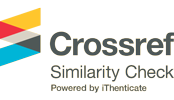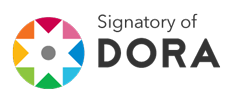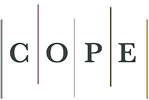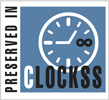Paradoxes of equality in Jean-Jacques Rousseau
DOI:
https://doi.org/10.35305/ac.v9i09.455Keywords:
Equality, Women, Jean-Jacques Rousseau, Enlightenment, PatriarchyAbstract
The eighteenth century can be read in many ways, but none of the views that make that historical moment legible can disregard Jean-Jacques Rousseau´s thinking. The current validity of the Genevan´s work originates in the fact that he placed at the centre of the historical stage the great issues that have inhabited Modern Age. The mainstay on which his social and political thought rests is his powerful appeal to equality. However, the radicality in his concept of equality ceases before women. At that point, the rousseaunian proposition of equality sinks and the radical thinker becomes one of the founders of Modern Patriarchy.
Downloads
Downloads
Published
How to Cite
Issue
Section
License
Avances del CESOR ratifies the Open Access model in which the contents of scientific publications are fully available for free on the Internet, without temporary embargoes, and whose publishing costs are not transferred to the authors. This policy aims to break the economic barriers that generate inequities in access to information, and publication of research results.
Authors retain the copyrights of their papers and grant the journal right of first publication with the work simultaneously licensed under a Creative Commons that allows others to share the work with an acknowledgement of the work's authorship and initial publication in this journal.



















































